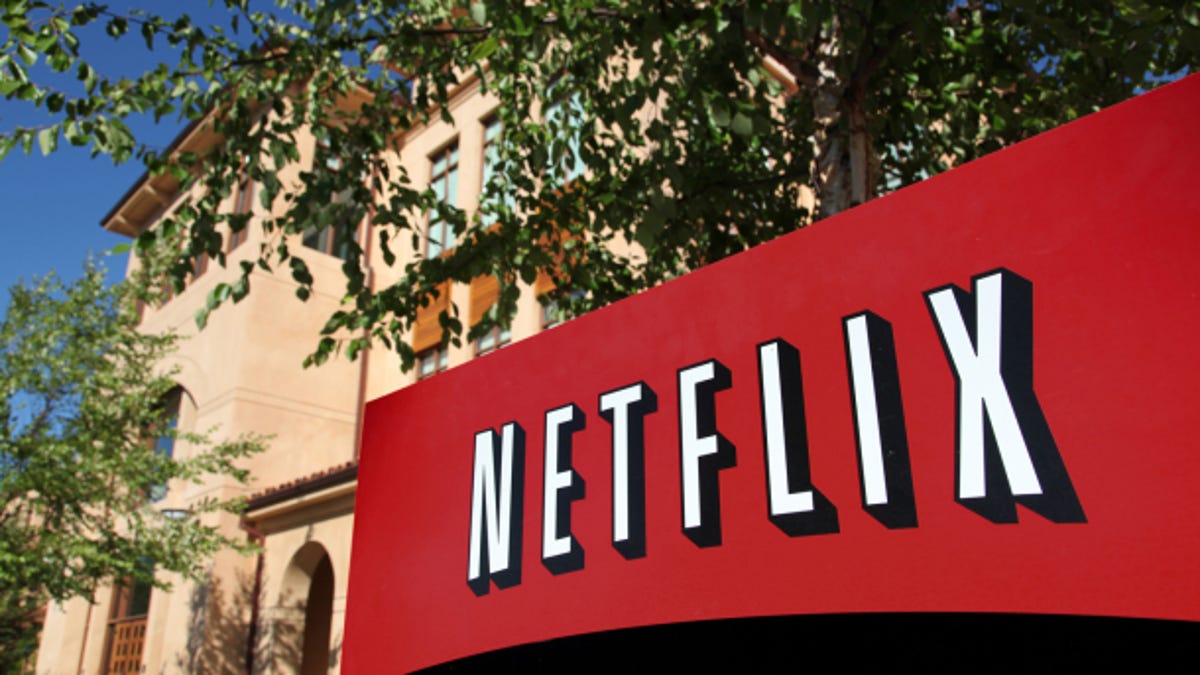Hulu, Amazon nibbling at more of Netflix's streaming-TV pie
Netflix still commands the vast majority of subscription television video-on-demand, which is up 34 percent overall, but rivals are chipping away at its lead -- and ramping up their own original content.

People who stream are streaming television, they're streaming more of it, and they're probably streaming it from Netflix.
TV streaming -- which accounts for 80 percent of subscription video-on-demand, or SVOD -- was up 34 percent in the first three months of the year compared to a year earlier, according to a report from tracking-firm NPD.
Netflix commands 89 percent of that. Smaller rival Hulu Plus increased its share three points to 10 percent of TV streams. Amazon Prime doubled its share -- to 2 percent.
The figures coincided with Netflix's biggest and most successful foray yet into original programming, with its Kevin Spacey-led political thriller "House of Cards." Netflix has credited the series for a big gain in subscribers during the first quarter.
Original shows are becoming a popular tack for online video outfits, with the likes of Hulu and Amazon investing in exclusive programs. In Netflix's case, the hope is that its services will grow beyond a catalog of older movies and television shows and evolve into an HBO or Showtime -- the only place to get specific edgy programs.
"There's no doubt that Netflix is driving the growth in SVOD, particularly with increased attention to television programming," said Russ Crupnick, senior vice president of industry analysis at NPD.
But also in Netflix's case, the focus on original content and being much more picky about the programs it licenses exclusively has opened a door for rivals to grab some popular content en masse. Amazon locked up a trove of popular kids programming that Netflix declined because it didn't want to take a whole bunch of little-watched shows with the popular ones.
"Since its launch, Netflix Watch Instantly has enjoyed a virtual monopoly on the SVOD market, and the company still has a quite comfortable market-share lead," Crupnick said. "While Hulu Plus and Amazon both still have a long way to go before they come close to catching Netflix, we are beginning to see increasing trial of these services, even among some Netflix users."
Still, Netflix's rivals are a long way off from being a legitimate threat, which explains why the company isn't sweating a meh reception for the return of "Arrested Development."

